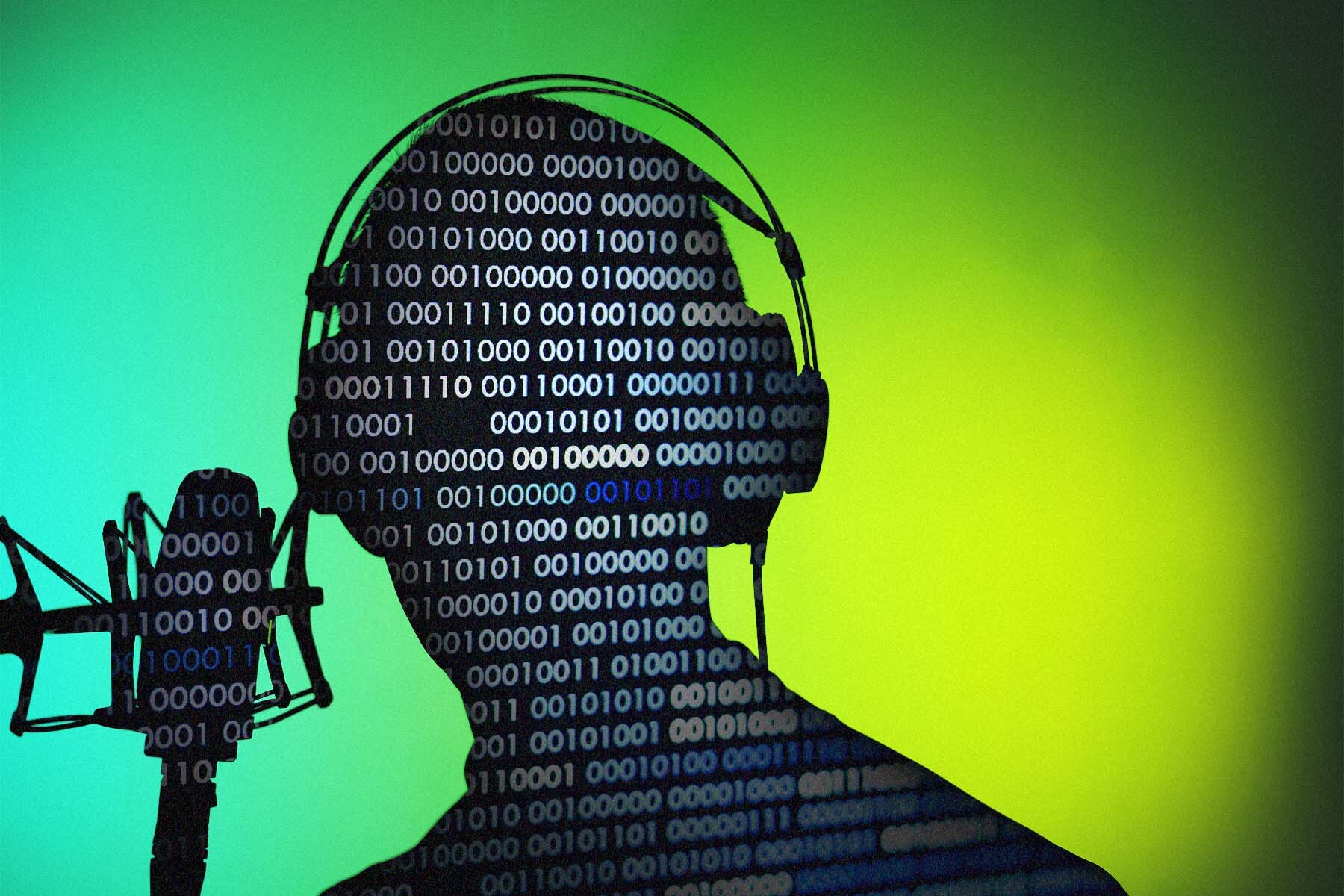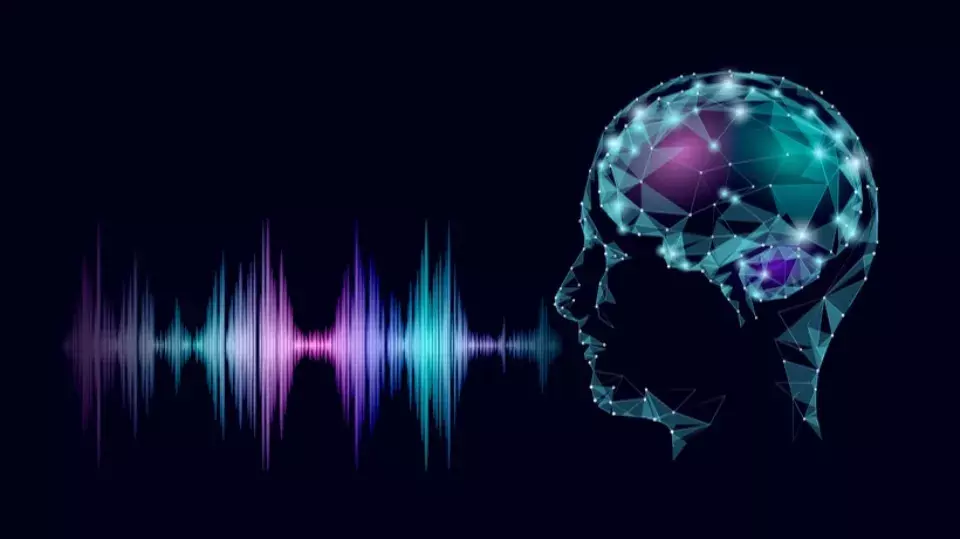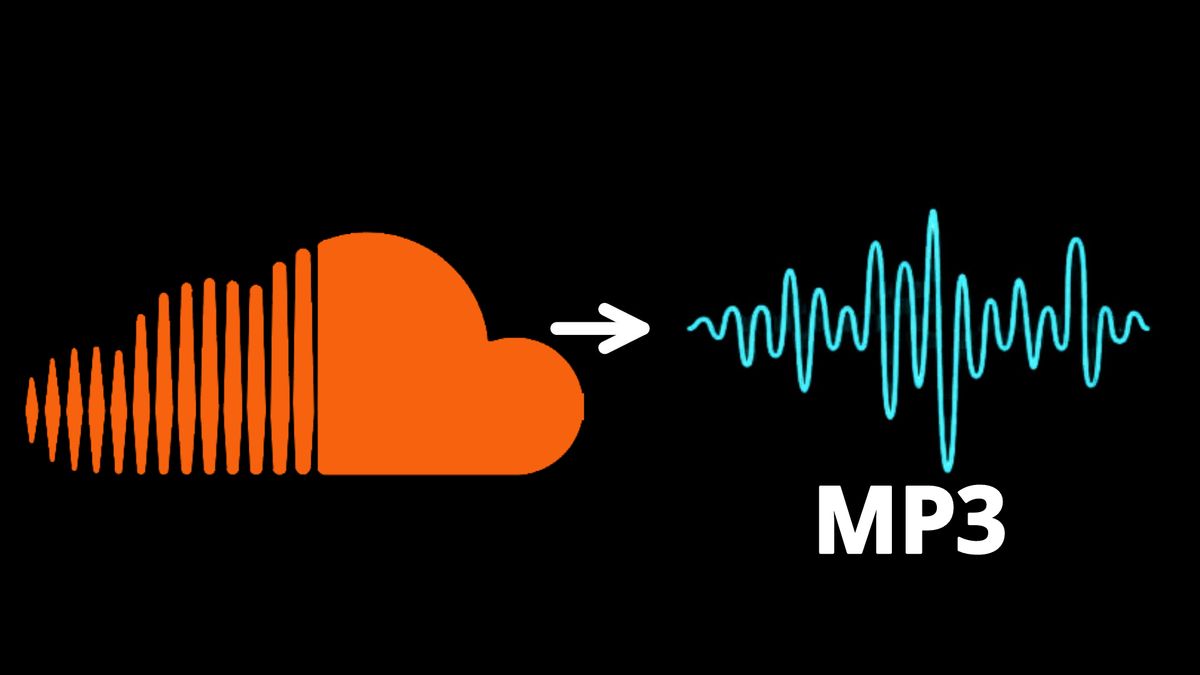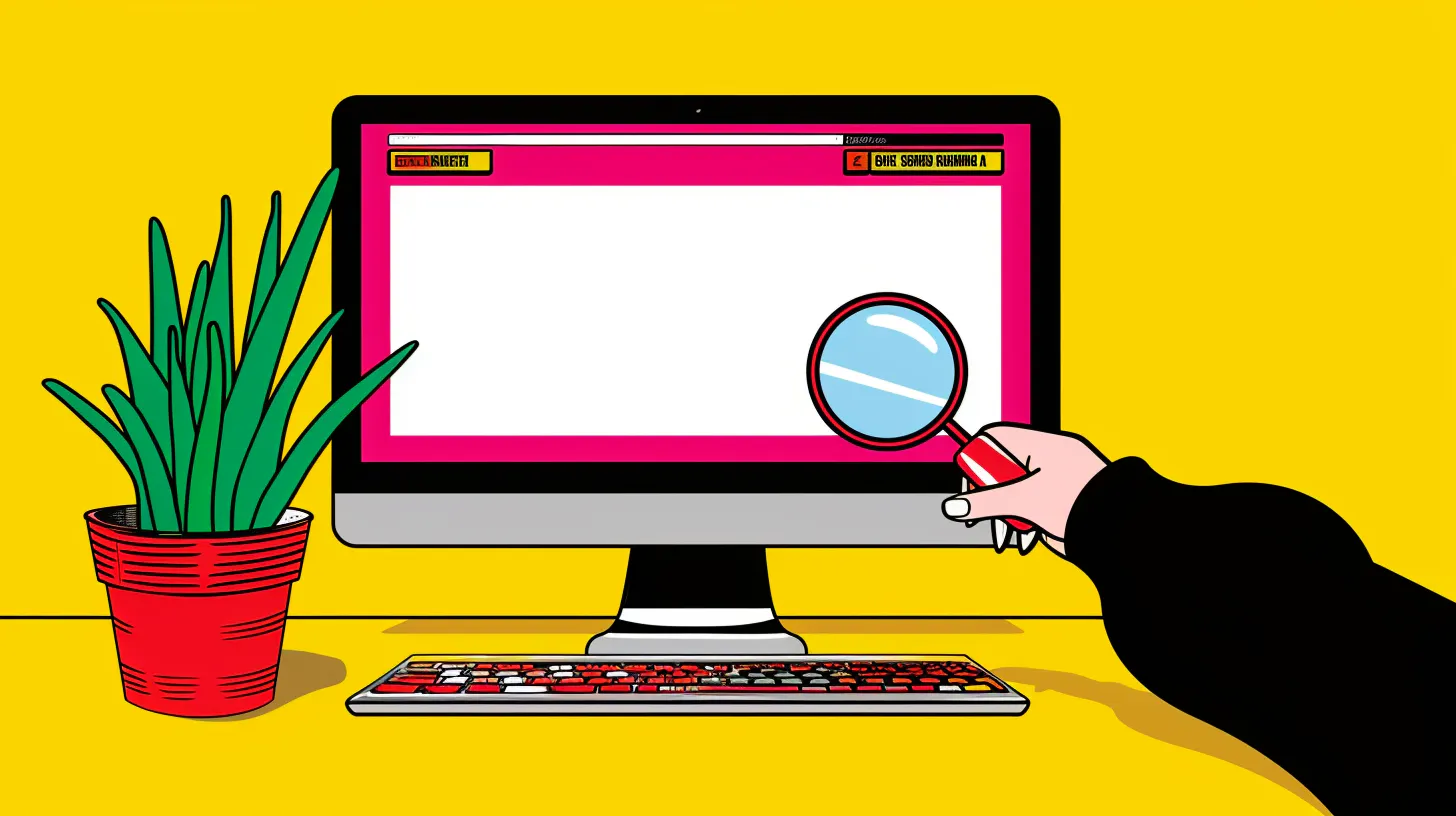
The realm of voice acting has witnessed remarkable progress in recent times, with one particularly notable development being the rise of AI platforms capable of generating cloned voices. However, the question lingers: Will AI replace voice actors eventually?
The short answer is no. Artificial intelligence undeniably represents a transformative wave that motivates individuals to strive harder to avoid being replaced by automation.
Keep reading, let's delve into a closer examination of how AI is reshaping the landscape of voice acting.
Basic of AI Voice Technology
The basis of artificial intelligence (AI) voice generation lies in the utilization of deep learning algorithms trained on extensive datasets of human speech. These algorithms analyze the acoustic characteristics, patterns, and speech nuances present in vast collections of voice samples, leveraging this information to construct a synthetic version of an individual's voice.
Major tech companies providing AI voice services typically require a minimum of one hour of recorded audio from a speaker to craft a convincing replica of their vocal style. The resulting synthesized voices can be fine-tuned to modify aspects such as tone, cadence, and other qualities as necessary.
Despite these advancements, capturing the subtleties and emotional nuances of a genuine human voice remains a formidable challenge.
Read More: How to Make AI Singing Voice?
Will AI Replace Voice Actors?
Although the technology behind cloned voices is impressive, it's unlikely to replace human voice actors entirely. While AI can reproduce the sound and intonation of a human voice, it still falls short in capturing the nuanced emotions that elevate a voiceover performance to a truly exceptional level.
Voice actors bring their unique interpretations and life experiences to their roles, and their creativity and innate talent render them irreplaceable.
Rather than displacing voice actors entirely, AI technology is more likely to complement their work. AI platforms can contribute by streamlining the voiceover production process, generating initial drafts, or serving as backups for audio recordings. This efficiency can result in time and cost savings, allowing voice actors to concentrate on refining their performances and fostering their creativity.
Furthermore, AI has the potential to generate voices for characters that exist beyond the realm of reality, such as robots or aliens.
This capability enables voice actors to expand their repertoire and embrace new challenges, illustrating a collaborative dynamic between AI technology and the unique artistry of human voice actors.
Also Read: Is Voice AI Safe?
Advantages of Using AI Voices

For animation studios and other content creators, the utilization of AI-generated voices offers several potential advantages:
1. Cost Savings: Synthesized voices are significantly more cost-effective to acquire than hiring human voice actors, leading to substantial reductions in production budgets.
2. Rapid Prototyping: AI voices can be swiftly generated for testing character voices before finalizing casting decisions. This allows for quicker iteration compared to the traditional process of recording real actors.
3. Consistent Voicing: Once an AI voice is created, it can be consistently used without the need to schedule and pay a voice actor for repeated sessions.
4. Expanded Casting Options: AI synthesis opens up the possibility of inexpensively crafting voices to meet specific demands such as accents, tones, and other specifications.
5. Personalized Voices: Emerging technologies enable AI voices to be tailored to individual viewers by using a small sample of their voice.
For productions operating on tight budgets or projects involving extensive casts, AI voice acting presents a compelling appeal.
However, it is essential to acknowledge the notable drawbacks and limitations associated with this technology.
Disadvantages and Concerns of AI Voices
The rise of synthesized voices has raised various ethical, creative, and practical concerns:
1. Lack of Realism and Emotional Range: Even the most advanced AI voices struggle to convey subtle emotions and the full spectrum of human vocal qualities.
2. Imitation of Real Actors: Voices that mimic celebrities and other recognizable performers raise legal and ethical questions regarding the impersonation of others.
3. Impact on the Voice Acting Profession: The widespread adoption of AI voices could disrupt and diminish work opportunities for human voiceover artists.
4. Legal and Regulatory Uncertainty: Laws have not necessarily kept pace with AI synthesis technology, creating a landscape of uncertainty for creators and voice actors.
While the technology is not perfect in replicating human vocal performances, rapid improvements in realism make AI an increasingly viable alternative. This is already causing significant shifts in certain areas of the entertainment industry.
What Is The Future Of The Voice Industry?
With the advent of AI voice technology, the future of the industry is poised to be a combination of innovation and tradition. Voice actors who can adapt to these changes have the potential to not only survive but thrive in the evolving landscape.
To stay ahead of the curve, actors should continuously hone their skills, develop versatile voices, and embrace new technologies. This proactive approach will enable voice actors to navigate the dynamic industry landscape and contribute to the ongoing innovation within the field of voice acting.
Conclusion: Will AI Replace Voice Actors
Voice acting stands as a fundamental art form in the realm of animation. The introduction of AI-synthesized voices brings forth both new possibilities and potential challenges.
Will AI replace voice actors? Presently, actors remain irreplaceable, but the continuous evolution of AI leaves the future uncertain. While technological advancements are ongoing, it's crucial to emphasize that technology is not poised to eradicate human jobs or entirely supplant individuals. Such an extreme scenario would imply a world dominated by robots, a notion currently far from reality.

